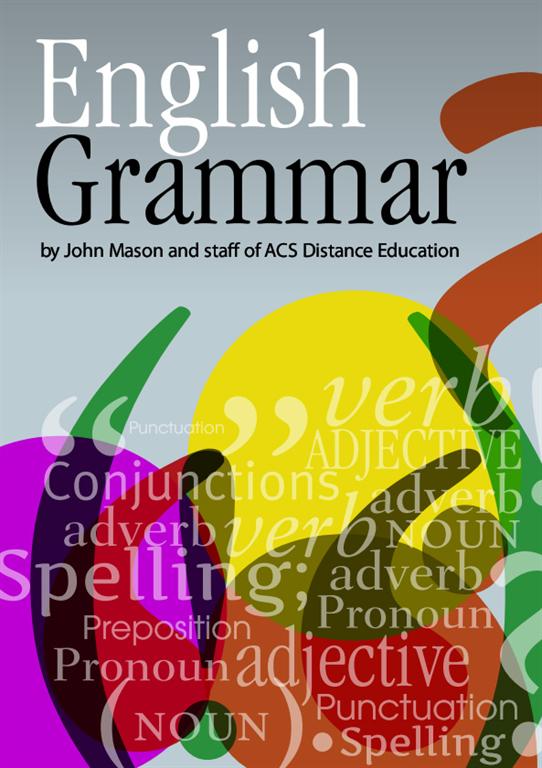How to Communicate Clearly
How to Communicate more Clearly in the Published Word
We all use language in some form, and most of us effortlessly combine words to effectively communicate with others. Most people find spoken communication particularly effortless, but when we start to communicate ideas in writing, more focus needs to be given to perfecting grammar. In spoken communication, we rely heavily on intonation, pauses, body language, rhythm, inflection and other cues to understand what is being communicated to us. These cues are not available to us in written communication. Instead, we rely on punctuation and grammar to enhance our communication and reduce misunderstandings.
Grammar then, is a tool through which we can enhance communication through writing (as well as speech). Grammar provides a coherent structure for the expression of thoughts and ideas. By following grammatical rules we are able to compile logical sentences that make sense to the receiver.
Consider the following paragraph:
when we write without punctuation it can become difficult to decipher the exact meaning of a paragraph you can not tell if something being asked is a question like what do you think it is sometimes difficult to make sense of what someone is trying to get across you would also miss out on things like demonstrating possession like it is janes ball and it would be confusing to see a list such as i like dogs horses cats guineapigs but not snakes
People communicate with each other more and more frequently in recent years using mobile phone, internet, and other technologies. In an office environment people often communicate with each other via email. Punctuation and grammar help determine the meaning of the message.
Consider receiving an email with the following punctuations, how do you interpret each of the versions?
Can you finish the report by the end of the day?
Can you finish the report by the end of the day…
Can you finish the report by the end of the day!
Can you finish the report by the end of the day ?!?
Can you finish the report by the end of the day!!!!
Different situations require a higher level of grammatical accuracy than others. For example formal or academic writing will need to have a high level of accuracy, whereas a text or email to a friend may not.
Context
Context refers to the situation in which words are used. The meaning of a word can often undergo subtle changes, according to its context.
A good example may be a person who is highly frustrated by another person’s actions, who says “If they do that again I will kill them”. They may have no intention whatsoever to commit murder, and all who hear the conversation may well be aware of this.
Another example could be the use of sarcasm:
"I'm so happy, I don't have a single cent to my name, I'm thrilled, it's fantastic, couldn't be happier."
Context is particularly important in writing. Written words can be easily misread without context, and the reader doesn't have facial expressions and body language to rely on in order to provide this context. Misunderstood text messages are a good example of this.
The above article is made up of a serries of extracts from the ebook "English Grammar" written by the staff of ACS Distance Education
See this and other books at our online bookshop www.acsebook.com
[14/03/2025 08:31:43]
More from ACS
Very comprehensive course at 100 hours.